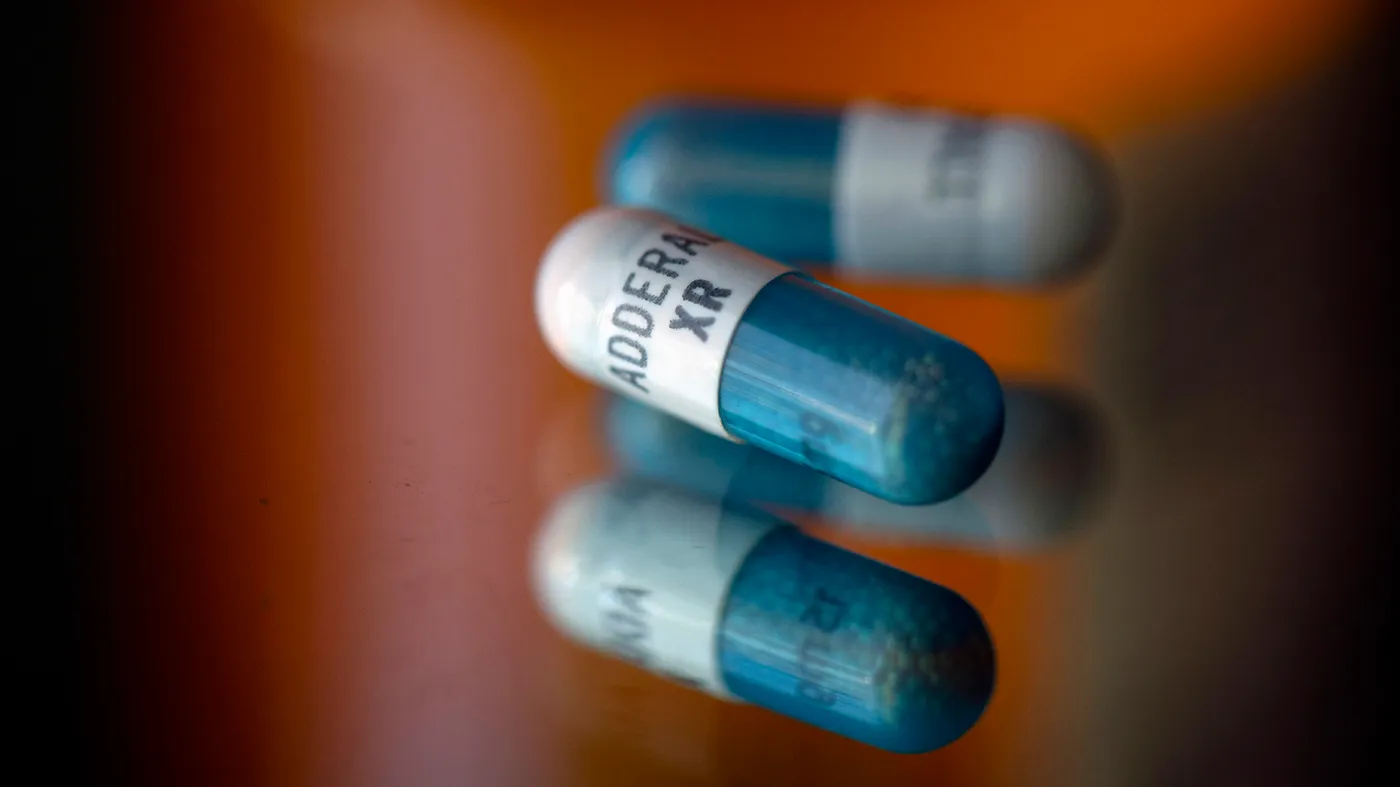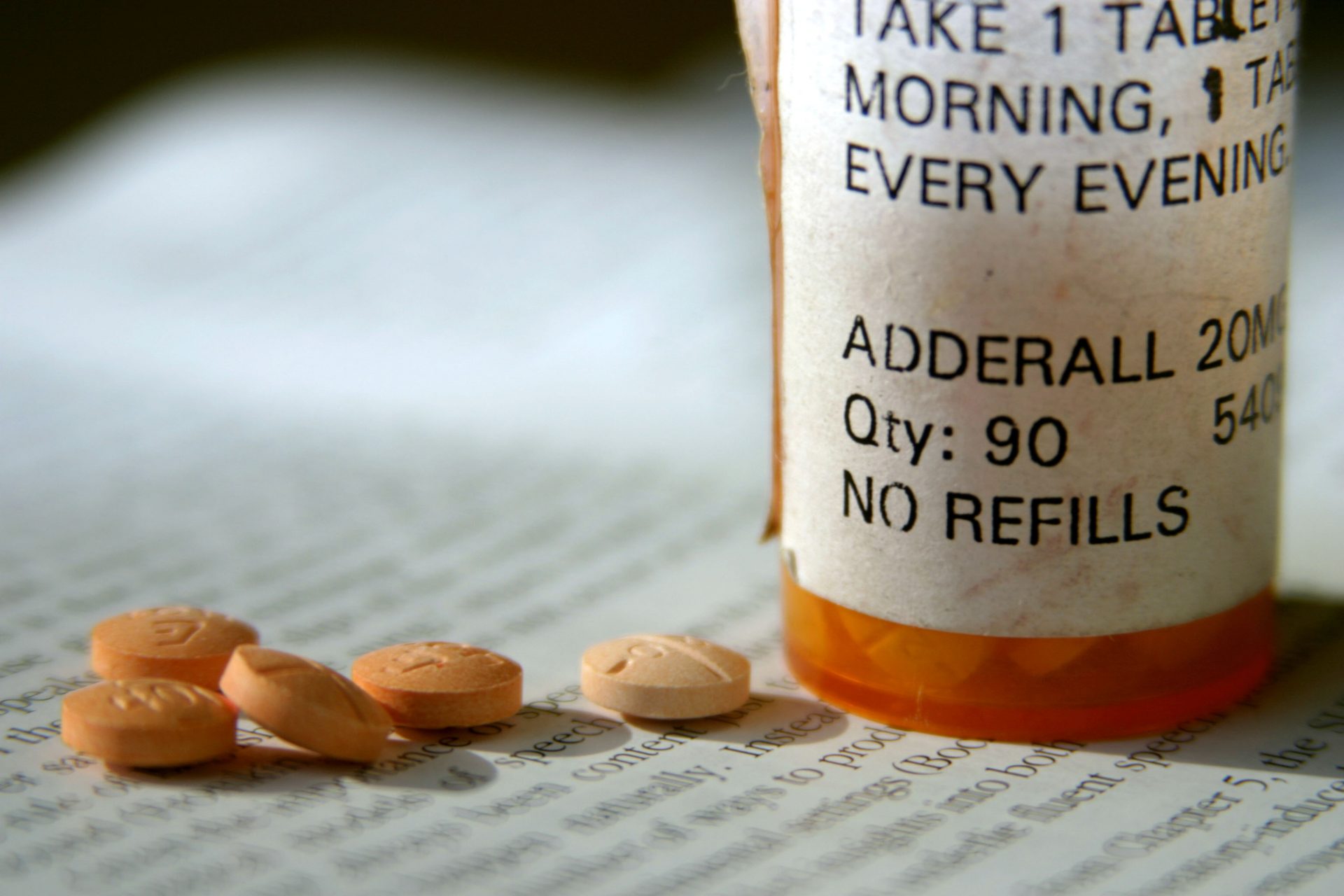In October 2022, the Food and Drug Administration (FDA) reported a shortage of amphetamine mixed salts, the active ingredient in Adderall. Initially projected to resolve by March 2023, the shortage has persisted into August.
As students commence a new school year, many are facing the prospect of managing without this essential medication, while governmental entities deny their own involvement in exacerbating the shortage.
Adderall, a prescription stimulant, is primarily prescribed to manage attention-deficit/hyperactivity disorder (ADHD), a condition characterized by inattentiveness, hyperactivity, and impulsiveness.
According to the American Psychiatric Association’s Diagnostic and Statistical Manual of Mental Disorders, ADHD can lead to significant impairment in social, academic, or occupational functioning.
Recently, it highlighted the challenges faced by parents and children who cannot access necessary medications.
The shortage has also impacted alternative medications. Takeda Pharmaceuticals, the manufacturer of Vyvanse, a competitor of Adderall, disclosed in June that it was grappling with low inventory of Vyvanse capsules due to manufacturing delays compounded by increased demand.
These shortages are expected to persist into September for certain dosages. Michael Ganio, senior director of pharmacy practice and quality for the American Society of Health-System Pharmacists, reported to PBS NewsHour in July that medications like Ritalin and Concerta have been intermittently available during the Adderall shortage.
Initially attributing the shortage to “ongoing intermittent manufacturing delays” at Teva Pharmaceuticals, the largest producer of both brand-name and generic Adderall, the FDA also acknowledged its own role in exacerbating the issue, as detailed by Reason at the time.
During the COVID-19 pandemic, the Drug Enforcement Administration (DEA) permitted physicians to prescribe controlled substances via telehealth appointments, coinciding with increased diagnoses of ADHD among children participating in remote schooling via Zoom.

Concurrently, there was a notable uptick in Adderall prescriptions among adults aged 22–44, rising by 15.1% between 2020 and 2021, more than double the previous year’s rate. (Adderall is also used to treat eating disorders and narcolepsy.)
Federal law empowers the DEA to establish annual production quotas for Schedule II narcotics, including amphetamines.
Despite the surge in ADHD treatment prescriptions and the reported Adderall shortage, the DEA maintained 2022 production quotas for 2023.
Earlier this month, the FDA and DEA issued a joint statement addressing the ongoing shortage.
They acknowledged that in 2022, manufacturers did not produce the full quantity permitted under the quotas for amphetamine medications.
While emphasizing that they lack authority to mandate drug production, they called upon manufacturers to confirm efforts to ramp up production to meet allotted quotas.
However, beyond manufacturing supply issues, a lawsuit by state and local governments against major pharmaceutical distributors and Johnson & Johnson, involving allegations related to opioid misuse and deaths, led to a $26 billion settlement in February 2022.
Consequently, the distributors tightened controls on orders of controlled substances from independent pharmacies, restricting or halting drug supplies to many pharmacies across the country.
The DEA declined to increase 2023 production limits despite the declared Adderall shortage. Simultaneously, the pharmaceutical distributor lawsuit prompted cutbacks in drug supplies to pharmacies nationwide.
As a result, as the academic year commences, numerous students are facing the school term without essential medications critical for their academic success.
